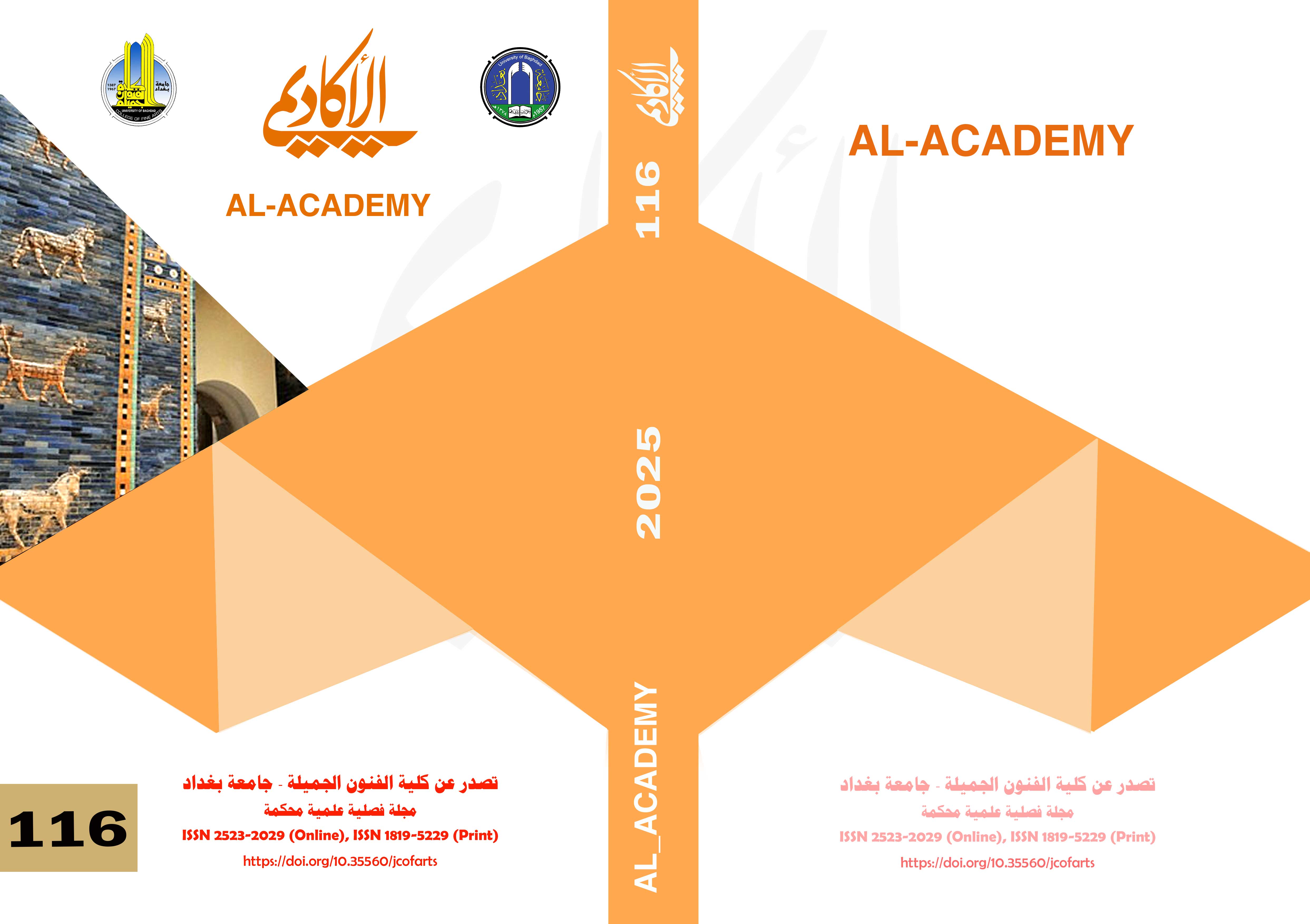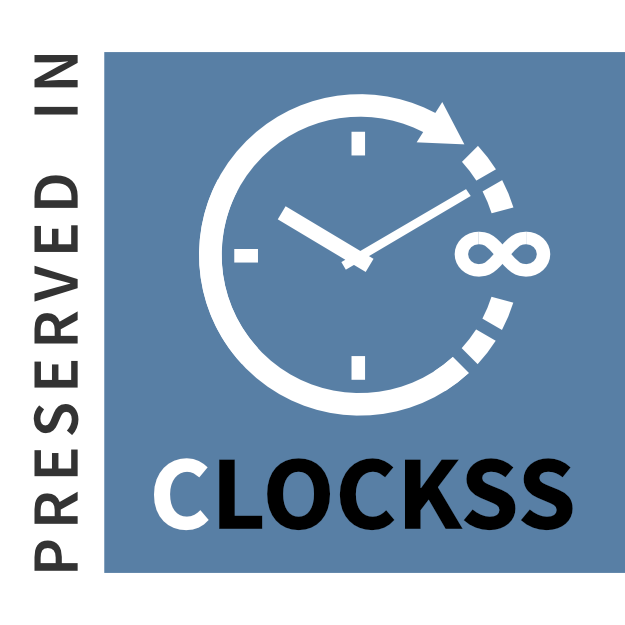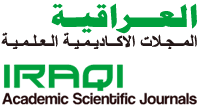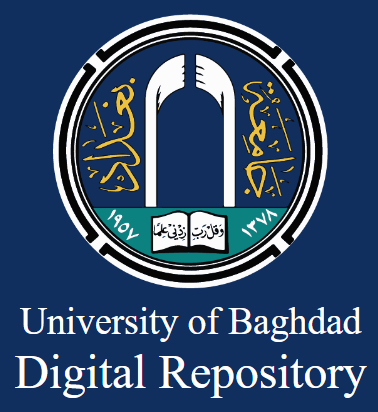Introduction to the theoretical and intellectual foundations of the cognitive acceleration strategy (constructivist cognitive theory as a model)
DOI:
https://doi.org/10.35560/jcofarts1616Keywords:
Cognitive Acceleration Strategy, Cognitive Constructivist TheoryAbstract
Today's world is characterized by a knowledge explosion, witnessing a revolution in knowledge, information, and technology that encompasses all aspects of human life. The focus is no longer on the quantity of information acquired, but rather on how to acquire and properly utilize it, enabling individuals to absorb these scientific changes and significant achievements in various fields. This revolution has presented the educational system and those in charge of it with difficult challenges, including preparing members of society to absorb the rapid scientific developments by developing their abilities to research, analyse, ask questions, evaluate information, and invest their minds in a way that achieves maximum benefit for the sake of building and developing society. Based on this, the importance of the emergence of modern teaching methods that are compatible with the knowledge explosion and technological progress present in the world has emerged. There has become an urgent need to use teaching models and methods that emphasize the role of the learner and make him the centre of activity in the educational process. This is what the modern trend in education calls for, which emphasizes the necessity of involving the student in the learning process and his active contribution to the lesson through the activities he undertakes himself. This paves the way for the transition from teaching to learning, instills positive attitudes towards learning, and helps him understand the academic material that includes facts, information, and laws, especially by discouraging students from being inclined toward experimentation. The student's goal has become clear: passing the subject, not learning and knowledge. According to the above, the teaching method and its strategies must be part of this development and change and must go beyond all that is traditional in education to what is better. Perhaps one of the effective methods today is that which makes the learner the focus of the educational process, which helps in the rapid learning of knowledge, the excitement of their thinking and solving problems in a scientific way, and enhances their ability to develop and innovate, which imposes the cognitive foundation of such strategies in order to stand on their circumstances and the mechanisms for their procedural employment.
References
Ahmed Ibrahim Qandil, Teaching with Modern Technology, 1st ed. (Cairo: Alam Al-Kutub, Egypt, 2006).
Mohammed Mahmoud Al-Hila, Instructional Design - Theory of Practice, 1st ed. (Amman: Dar Al-Masirah for Publishing and Distribution, Jordan, 1999).
Hadi Tawalbeh et al., Teaching Methods, 1st ed. (Amman: Dar Al-Masirah for Publishing and Distribution, Jordan, 2010).
Raghad Zaki Ghayyadh and Ahmed Ali Al-Shanjar, Updates in Teaching Methods Strategies, 1st ed. (Baghdad: Zaki Printing Office, Iraq, 2018).
Jaber Abdul Hamid, Teaching and Learning Strategies, 1st ed. (Cairo: Dar Al-Fikr Al-Arabi, Egypt, 1999).
Abdul Karim Ali Al-Yamani, Science and Education Strategies, 1st ed. (Amman: Zamzam Publishers, Jordan, 2009).
Azou Ismail Afana and Yousef Ibrahim Al-Jaish, Teaching and Learning with the Bilateral Brain, 1st ed., (Amman: Dar Al-Thaqafa, Jordan, 2009).
Muhammad Hashim Al-Rayyan, Teaching Strategies for Developing Thinking, 2nd ed., (Amman: Dar Hanin for Publishing and Distribution, Jordan, 2012).
Raad Mahdi Razouqi and others, Teaching-Learning Models in Science Teaching, 1st ed., (Baghdad: Adel Printing and Publishing Office, Iraq, 2015).
Raad Mahdi Razouqi and Nabil Rafiq Muhammad, Thinking and Its Patterns 3, (Beirut: Dar Al-Kutub Al-Ilmiyyah, Lebanon, 2018).
Jawdat Bani Jaber and Saeed Abdul Aziz Al-Maaytah, Introduction to Psychology, 1st ed., (Amman: Dar Al-Thaqafa for Publishing and Distribution, Jordan, 2002).
Sami Muhammad Malham, Fundamentals of Psychology, 1st ed., (Amman: Dar Al Fikr Publishers and Distributors, Jordan, 2009)
Nabil Abdul Hadi et al., Strategies for Learning Skills and Thinking, 1st ed., (Amman: Dar Wael, Jordan, 2009) Second: Journals and Periodicals:
Hashim Muhammad Hamza, Shahd Kazim Jawad, "The Effect of the (C.A.S.E) Model on Deductive Reasoning in Mathematics for Fourth-Grade Science Students," College of Education Journal, Issue (1), College of Education, Al-Mustansiriya University, 2016.
Abdul Razzaq Yassin Abdullah, Ahmed Salem Qasim, "The Effect of the Eddy and Shayer Model on Fourth-Grade Science Students' Achievement in Physics," Tikrit University Journal for Humanities, Volume (26), Issue (10), College of Education for Humanities, Tikrit University, 2019.
Abdullah Salem Al-Zoubi, "The Effect of the Modified Eddy and Shayer Model in Teaching Astronomy on Improving Problem-Solving Skills and Developing Divergent Thinking Skills among Eighth Grade Students in Jordan," Dirasat Journal, Issue (1), Volume (47), Educational Sciences, Deanship of Scientific Research, University of Jordan, Jordan, 2020.
Fatima Abdul Razzaq Omar Muhammad, "The Effectiveness of the Cognitive Contrast Strategy in Modifying Some Misconceptions in Home Economics and Developing Some Positive Attitudes Towards It among Middle School Students," Journal of Specific Education Research, Issue (54), Faculty of Specific Education, Mansoura University, Egypt, 2019.
Rafid Qasim Hashim, "Piaget and Cognitive Development," Journal of the College of Basic Education for Educational and Human Sciences, Issue (38), College of Basic Education, University of Babylon, 2018.
Rafid Qasim Hashim, "Piaget and Cognitive Development," Journal of the College of Basic Education for Educational and Human Sciences, Issue (38), College of Basic Education, University of Babylon, 2018.
Ali Hassan Faraj Daoud, (The Effect of Employing the Cognitive Acceleration Strategy on Developing Science Processes and Scientific Thinking in Science among Eighth Grade Students in Gaza), master's Thesis (unpublished), College of Education, Al-Azhar University, Gaza, Palestine, 2018.
Adey, Philip, (1999). The science of thinking & science for thinking Adscription of cognitive Acceleration through science Education (Case). International Bureau of Education. Geneva
Gough, D. (2007). Weight of Evidence framework for The Appraisal of Quality and Relevance. Research Papers in Education.
Kendra Cherry (16/2/2022), "Jean Piaget Biography (1896-1980)", very well minded, Available at the link:
https://www.verywellmind.com/jean-piaget-biography-1896-1980-2795549














